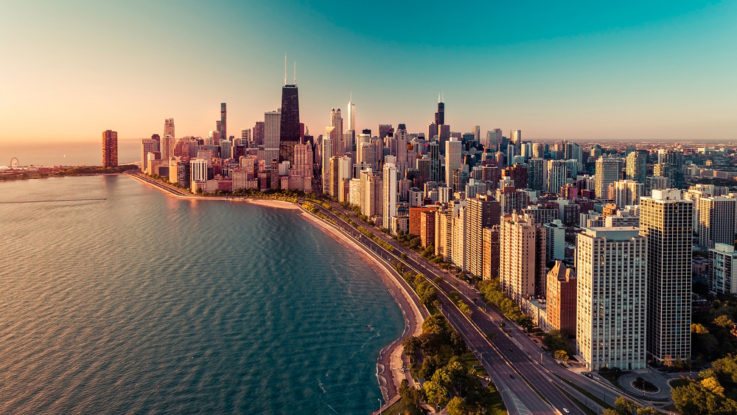
Chicago, IL Mayor Lori E. Lightfoot, the Chicago Department of Business Affairs and Consumer Protection (BACP), and NeighborSpace recently announced that the first round of applications for the City’s Community Growers Program is now open. The program is part of the Chicago Recovery Plan, an equity-based investment strategy to catalyze a sustainable economic recovery from the COVID-19 pandemic.
“The COVID-19 pandemic exposed the fragility of our food system and the inequities embedded within it,” said Lightfoot. “Through the Community Growers Program, we will enable us to use our urban agriculture to create a more equitable and resilient food system and supply food insecure residents with healthy and abundant options.”
The program – which was designed in partnership with the City of Chicago Food Equity Council – will invest US $2M in urban agriculture. Its goal is to increase food equity in communities with a history of disinvestment by encouraging the development of urban agriculture sites by local growers. This support is expected to provide residents with more options for accessing fresh produce, while also creating wealth-building opportunities for growers.
BACP selected NeighborSpace – a nonprofit urban land trust in Chicago – to administer the program, along with a collective of partner organizations, including: the Chicago Food Policy Action Committee (CFPAC), Community Food Navigator, DePaul Steans Center, Grow Greater Englewood, Advocates for Urban Agriculture, Urban Growers Collective, and Windy City Harvest.
“Through the Community Growers Program, we’re looking forward to working with NeighborSpace to support a more inclusive, sustainable urban agriculture ecosystem,” said BACP Commissioner Kenneth J. Meyer. “Chicago has a long history of urban agriculture and with an increased investment of resources, we are continuing this tradition.
BACP and NeighborSpace will work towards reducing the barriers to urban agriculture by providing urban growers with access to land and water, resources to build long-term sites, and technical support. The program will also seek to increase equitable community-access to healthy foods by creating new food access points in neighborhoods experiencing food insecurity.
“This program builds on the work of countless farmers and gardeners who have been growing food in Chicago for generations by permanently expanding the footprint of urban agriculture in our City,” said Ben Helphand, Executive Director of NeighborSpace. “Importantly, the program will target its support to those growers who have not previously had access to a lot of resources and institutional support.”